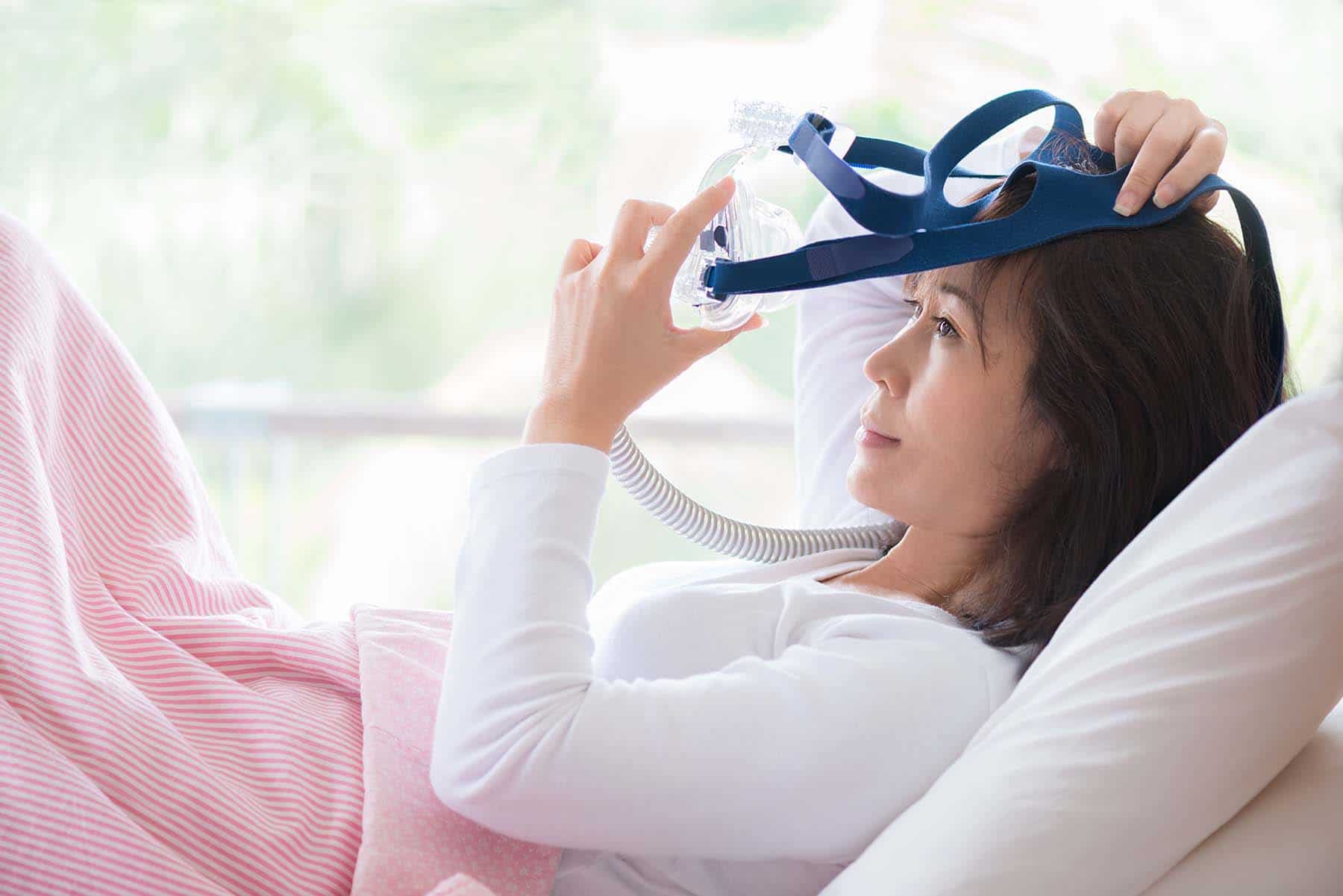
Want to know if you’re getting enough sleep? This post contains questions to help you carry out a simple sleep assessment of the quality of your sleep.
A lot of Australians see their doctor for sleep help. A good night’s sleep can be very elusive. Sleep issues are something we all experience from time to time, but when it is a common occurrence, it can be very problematic. Not only does a lack of sleep impact our daily lives; there are also a number of sleep disorders that may have causes that are physical or psychological, and these need to be addressed.
Why is Quality of Sleep Important?
Quality sleep is essential for optimal health and wellbeing, and it impacts on every system in the body, from functioning at your best on a day-to-day basis to avoiding the development of serious health conditions like hypertension, diabetes, and cancer. Quality sleep is as important to the human body as getting adequate water and food. When you don’t experience quality sleep, you can suffer from an array of problems including daytime fatigue, clumsiness, poor concentration, being prone to accident and injury, poor decision-making, depression, anxiety, and numerous chronic diseases. Diagnosis and treatment of chronic sleep issues are critical.
Sleep Assessment Questions
Sleep assessment questionnaires can help determine if you suffer from a sleep disorder; ask yourself these key questions to determine whether you may need sleep help from a professional. “YES” answers to a number of these signify that you should seek medical advice for a checkup and sleep assistance.
- Do you have difficulty falling asleep?Do you lie awake for more than thirty minutes before falling asleep?
- Do you wake suddenly as you’re falling asleep due to sudden body “jerks”?
- Do you wake during the night and find it hard to fall asleep again?
- Do racing thoughts at night prevent you from sleeping?
- Are you anxious? Do you have trouble relaxing?
- Do you snore?
- Do you have high blood pressure?
- Do you suffer from night sweats?
- Do you often wake with a headache in the morning?
- Do you wake gasping for breath during the night?
- Do you wake with heartburn or experience a chronic cough?
- Do you have trouble keeping your legs still at night?
- Do you wake earlier than you wish to?
- Do you not feel refreshed despite sleeping through the night?
- Do you wake in the morning with joint or muscle aches, pains, or stiffness?
- Do you feel fatigued or irritable during the day?
- Do you have difficulty concentrating?
- Do you nod off or need a nap during the day (including when driving)?
- Do you feel flat, sad, or depressed?
These questions relate to a number of sleep issues, including insomnia, snoring, sleep apnoea, narcolepsy, gastroesophageal reflux, and restless leg syndrome. Only a professional doctor or sleep specialist can properly diagnose the specific issue that’s negatively impacting your sleep.
Sleep Issues – Identifying the Cause
There are a number of common sleep disorders. These include:
- Insomnia – the inability to fall asleep or stay asleep.
- Sleep Apnoea – loss of ability to freely breathe while sleeping, and waking as a result.
- Snoring – affects 40% of men and 20% of women on a regular basis.
- Restless Leg Syndrome- discomfort in the legs requiring movement to alleviate it.
- Narcolepsy – affects 1 in 2000 people, the line between sleep and wakefulness is unstable.
- Sleep Paralysis – waking without the ability momentarily to move – can cause panic.
- Bruxism – grinding of the teeth during sleep.
- Sleep Hypoventilation – the brain fails to effectively instruct the muscles involved in breathing while asleep; more common in those with lung disorders or obesity.
- Rapid Eye Movement Behaviour Disorder – a complex issue that causes people to act out their dreams (the body is usually completely relaxed during REM sleep, which is when dreaming occurs).
- Night Terrors – more common in children, occurs due to not fully waking up and can cause extreme anxiety.
- Sleep Walking and Sleep Talking – common in children.
Common Traits in People With Sleep Problems
There are some common traits amongst people who experience chronic sleep problems (though not everyone will have them and not all people with these issues will necessarily experience issues with their sleep). These include but are not limited to: snoring, being anxious, living with high-stress levels, being overweight, poor sleep hygiene, alcohol consumption, tobacco smoking, reliance on sedatives, and poor diet. Eating too close to bedtime can also trigger sleep issues.
Sleep Help – Solutions
There are various things you can do for promoting better sleep. Improve your daytime habits – eat well, get regular exercise, manage stress, and limit caffeine, alcohol, and nicotine consumption. Develop a relaxing routine for bedtime – create a bedroom haven that is dark, cool but not cold, and quiet, and avoid electronic devices. Before bed, read, take a warm bath, sip warm milk or chamomile tea, and turn off digital screens an hour before you wish to go to sleep.
Understand that waking during the night once or twice is normal. Focus on your breathing and relaxing visualisations and if necessary, write worries down so you can come back to them later at a more appropriate time (this actually works!)
Seek medical advice for health issues such as obesity, snoring, sleep apnoea, clinical depression or anxiety, gastroesophageal reflux disease, insomnia, and other conditions.
SnoreMD – One Solution if Lack of Quality Sleep is Caused by Snoring
If you snore and need sleep help, SnoreMD might be the answer you seek. SnoreMD is an innovative oral sleep device that has helped people worldwide when it comes to alleviating snoring for a better night’s sleep. It is worn during sleeping and it works by repositioning the lower jaw to help alleviate snoring.
Find out more about SnoreMD and see the reviews of over 100 happy customers.
Also visit our other sleep help resource pages to find out more about sleep health, sleep science and achieving a better night’s sleep.
Contact us for any questions you have about SnoreMD or to learn more.


